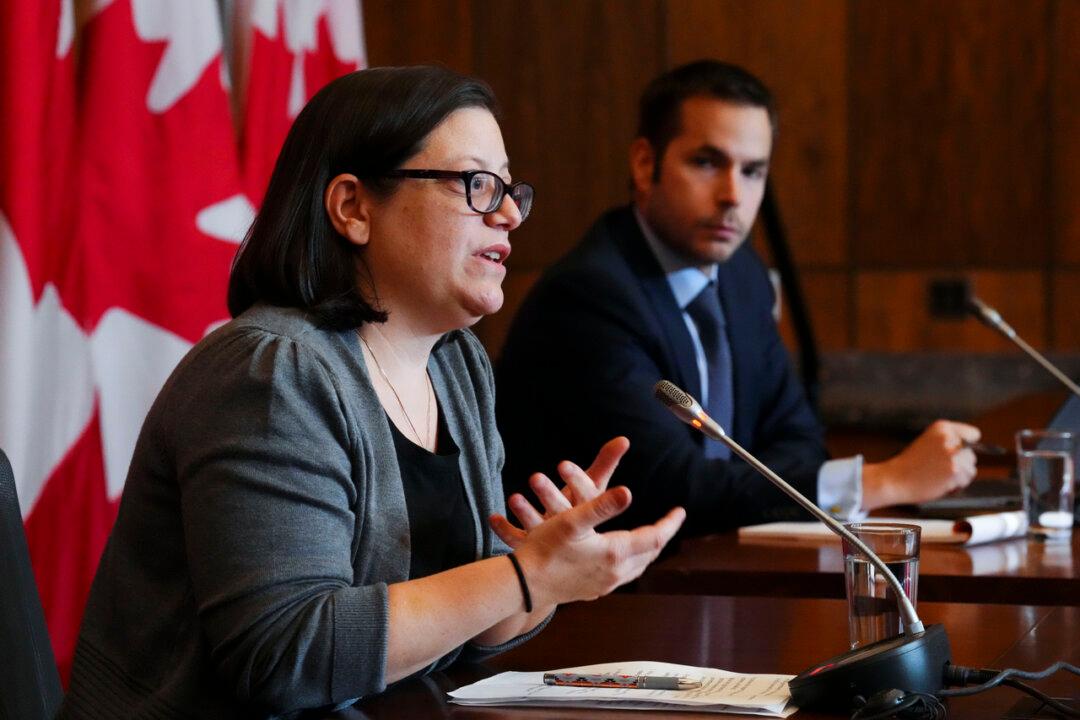The Canadian Radio-television and Telecommunications Commission (CRTC) has said that it will need more time to process a request made by Telus to add a surcharge when it receives payment by credit card.
Telus had wanted to begin implementing its 1.5 percent surcharge on Oct.17. The company first applied back on Aug. 8. Now, CRTC is telling Telus that it may need to wait until Dec. 6 before its final approval, longer than its initial estimate of 45 business days.





